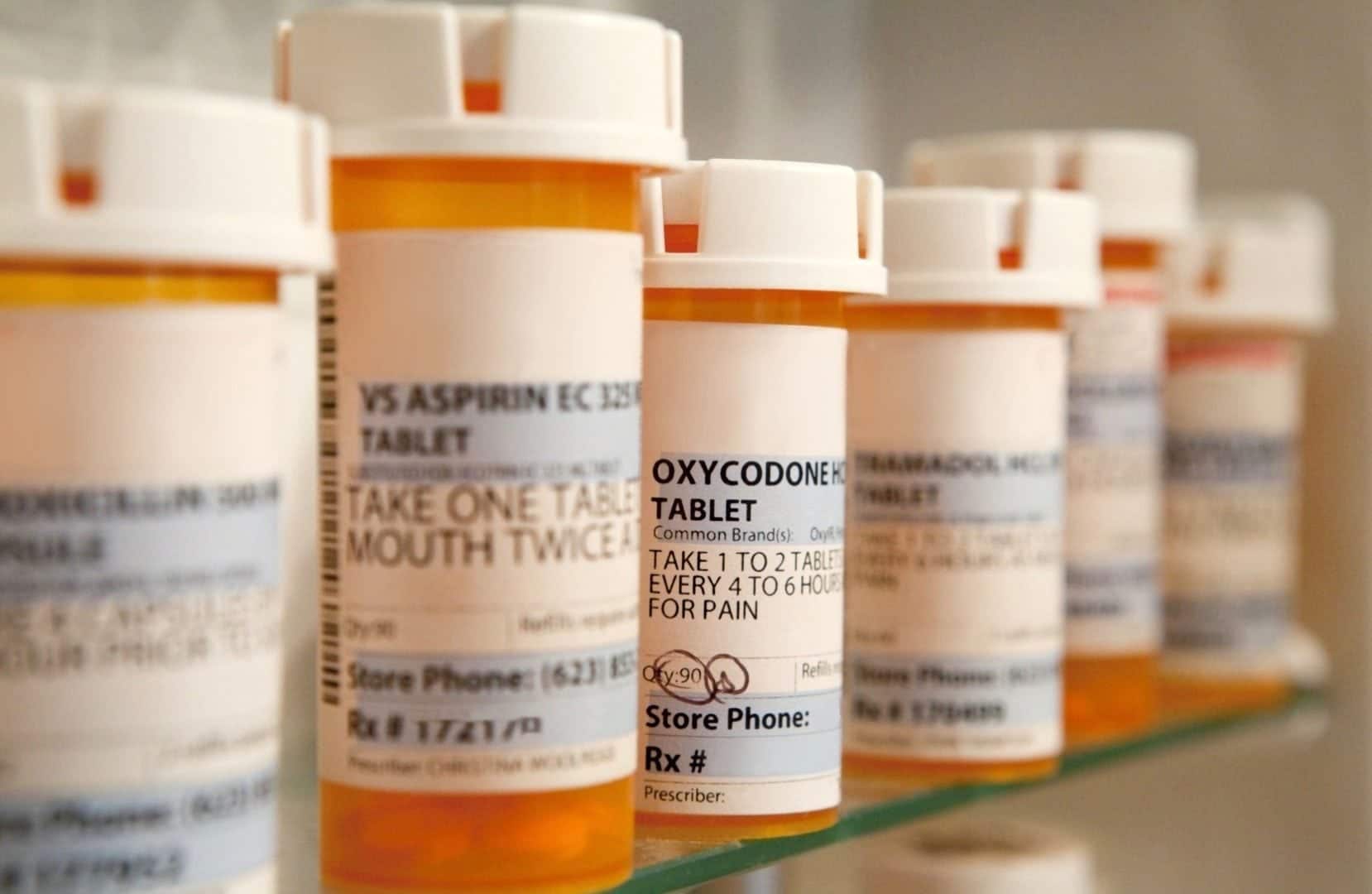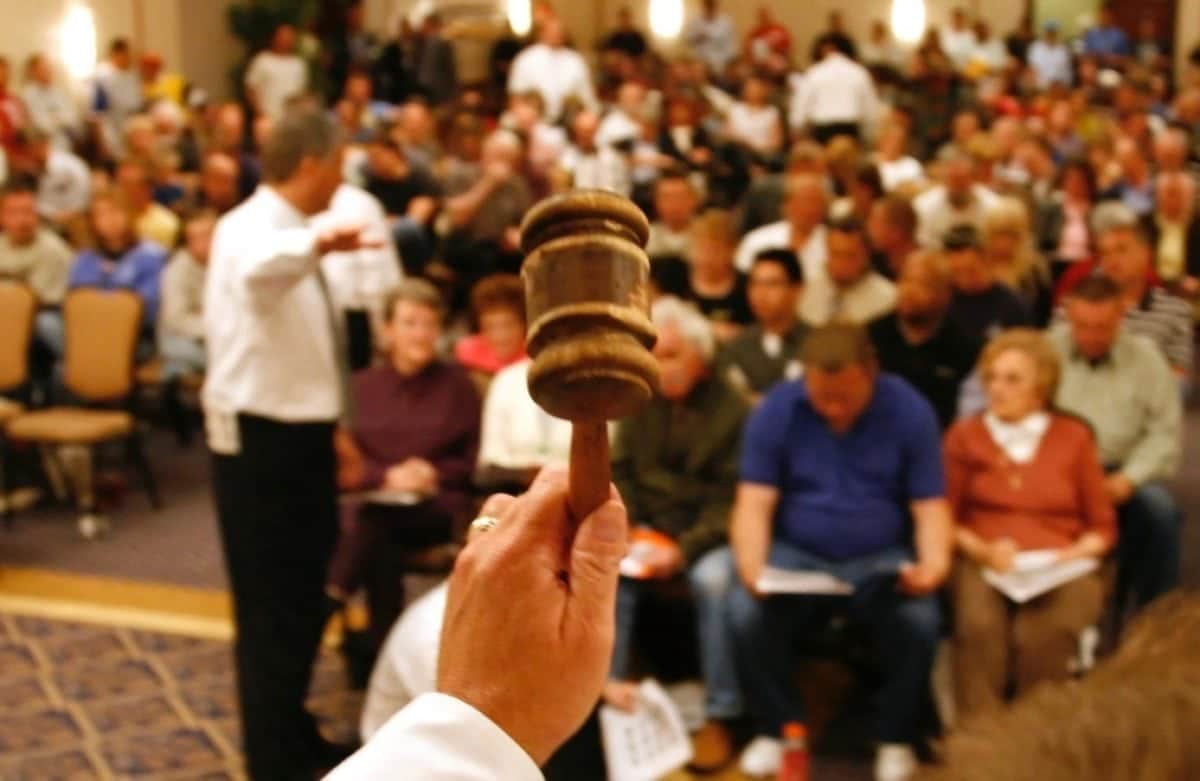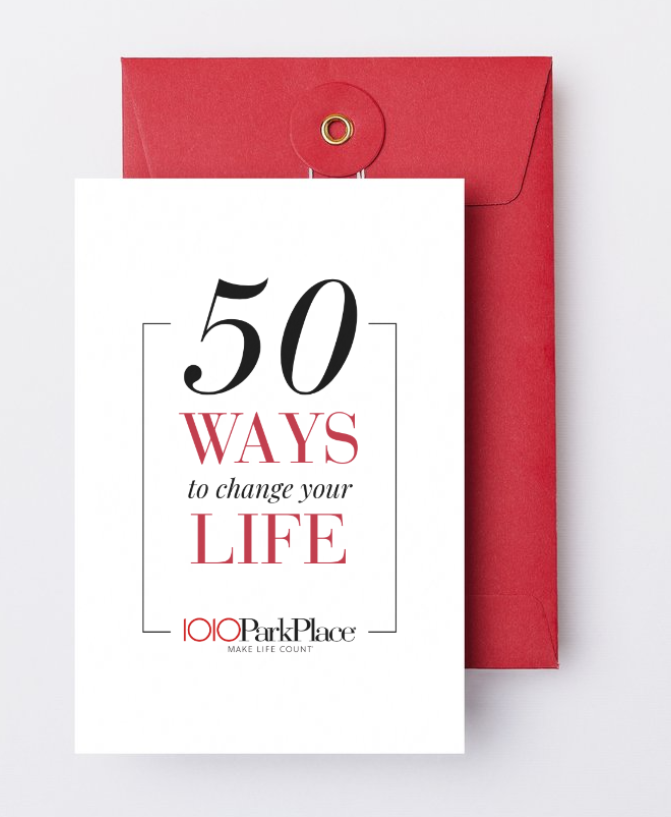There are a number of ways to reduce your pain, ranging from hard core narcotics to rest and everything in-between. We’re all aware of the dangers of prescription narcotic use, but most of us don’t think we’ll ever have a problem, and many of us think we don’t have a problem…when we do.
Some patients have a predisposition to drug and alcohol addiction. I’m not talking about those patients. A few doctors are supplying drug users/sellers with narcotic scripts for profit. Not talking about them, either.
I’m focusing on patients who inadvertently get “hooked” on narcotics because they’re suffering from a painful condition and simply need pain relief. Their caring doctors inadvertently continue to give them pain pills, thinking they’re doing their patients a service. This is a complicated subject and a complicated relationship.
Here are some quick tips to reduce the use of narcotics when/if that time comes.
- Don’t take narcotics as often as it says on the prescription. You might get a script for some acetaminophen and narcotic combination like Tylenol #3, Norco or Percocet. It might say something like “Take 1-2 every 6-8 hours as needed for pain.” Everybody’s needs are different, but many patients will just go ahead and take two, every 6 hours because they think they’re experiencing a lot of pain. Studies show that one out of every five patients who do this will become addicted. Don’t take them regularly. Start out with only one. Take them as infrequently as you possibly can.
- Recognize that pain is your body’s way of telling you something’s injured. It’s okay to let it remind you of that fact! Short of sedating yourself into respiratory arrest, there’s no way you’re going to be 100% relieved of pain. Don’t expect that.
- Sit back, relax and take the pain for a little while. Don’t take another pill the minute your pain starts escalating. It’s okay to suffer a little.
-
DO NOT take pain pills so that you can do something like go to work, school or clean house. If you need a pain pill in order to work, then you still need to stay home. Taking narcotics in order to be able to do some activity is the fastest track to addiction. Narcotics work by sedating your brain. That’s supposed to make you rest, and rest is what you need, and in turn… Resting diminishes your requirement for narcotics!
- STOP taking pain pills when your pain becomes tolerable… and please, tolerate a little pain. Switch to Tylenol or Advil or nothing! That might be the day after your surgery or injury! You don’t have to take the pain pills just because your doc ordered them.








2 thoughts on “BEWARE OF NARCOTICS AND PAIN MEDICATIONS”
Question: When I’ve had surgery I was told not to let the pain get too bad before I took a pain pill, that I needed to stay ahead of the curve. Would appreciate your thoughts on this. BTW, I didn’t take any pain pills for any of my 10 breast cancer surgeries because I used hypnosis. The doctors, especially the anesthesiologist, were shocked because he didn’t have to give me anywhere near the anesthesia he thought he would. He actually stayed until I was out of ICU and woke up to talk to me about it. He’d heard of patients using hypnosis, but I was the first patient he’d encountered. xoxox, Brenda
Your post is spot on. So many people end up addicted or worse because of medications.
There are some people who have conditions that medications will make worse and not give them any pain relief.
A good Comprehensive Pain Rehabilitation Center can really help people with chronic pain. They will help with outpatient programs to get you back to an active lifestyle without medications.
Cognitive-behavioral serves as a bases for this treatment.
They help you to understand your thoughts and feelings that influence with an intergrated care strategy. This treatment incorporates relaxation training, physical activity modification, stress relaxation training, medicine management, pain and medication education and lifestyle management concepts.
Having hope and faith in God will also take you a long way.
Comments are closed.